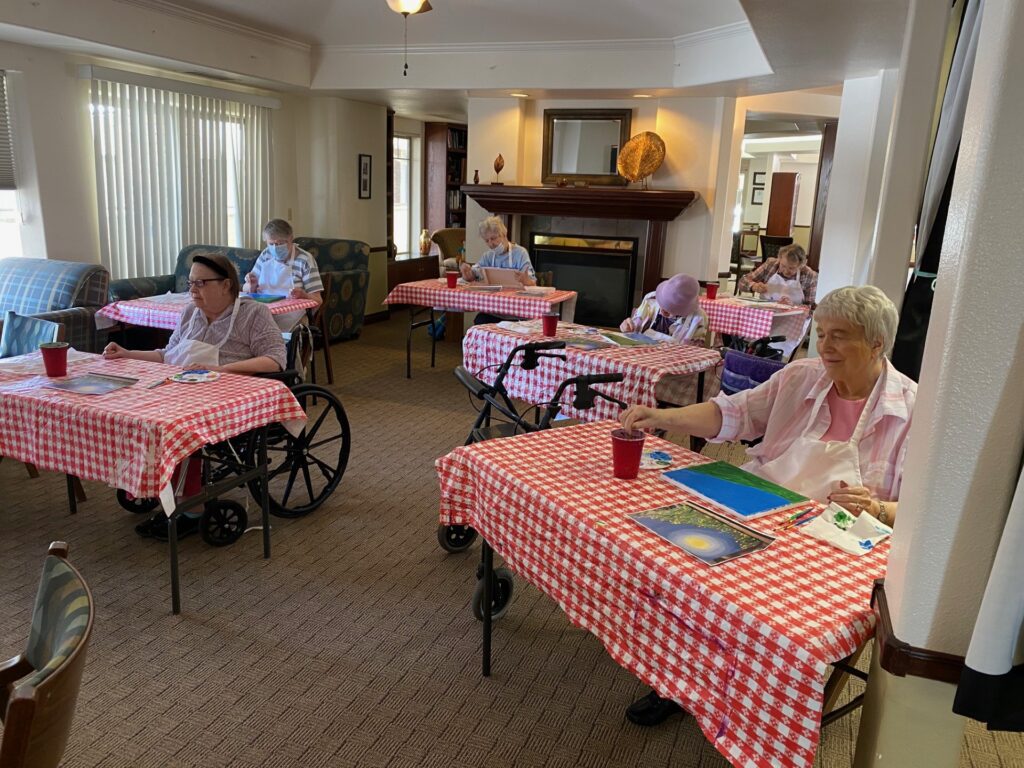
As we age, we naturally experience changes physically and mentally. One of the less discussed but increasingly common issues among older adults is anxiety. While many assume that anxiety is primarily a concern for younger people, the truth is that it can affect individuals at any stage of life. But is it normal to have anxiety as you get older? And if so, what can be done to manage it?
Understanding Anxiety in Older Adults
Anxiety is a feeling of worry, nervousness, or unease about something with an uncertain outcome. Though it’s a natural stress response, it can interfere with daily life when it becomes overwhelming or persistent. In older adults, anxiety often presents itself in different ways compared to younger people. It might manifest as a general sense of unease, a focus on health concerns, or heightened fears about independence and safety.
Common Triggers of Anxiety in Older Adults
Several factors can contribute to anxiety as people age. Understanding these triggers can help manage and address the issue.
Health Concerns
Health issues become more prominent as we age. Chronic illnesses, mobility challenges, and cognitive decline can all lead to increased anxiety. The fear of losing independence or becoming a burden on loved ones can be particularly distressing.
Life Transitions
Major life changes, such as retirement, the loss of a spouse or friend, or moving to a new living environment, can be significant sources of stress. These transitions can lead to feelings of loneliness, uncertainty, and anxiety.
Financial Worries
Concerns about financial stability in retirement, managing medical expenses, or the cost of long-term care can be pretty stressful for older adults. This economic uncertainty further contributes to heightened anxiety.
Fear of Falling or Injury
The fear of falling or suffering an injury is common among older adults, especially if they’ve experienced a fall in the past. This fear can lead to anxiety about leaving the house or participating in activities they once enjoyed.
Cognitive Decline
For some, the fear of developing dementia or Alzheimer’s disease is a significant source of anxiety. Even mild memory lapses can cause worry, increasing anxiety about the future.
Is Anxiety Normal as You Age?
While it’s common to experience some level of anxiety as you age, persistent or severe anxiety is not a normal part of aging. It’s essential to address it and seek help when it starts interfering with daily activities, sleep, or overall well-being.
Managing Anxiety in Older Adults
Here are some practical steps to help manage anxiety:
⦁ Stay Active: Regular physical activity, even light exercises like walking or yoga, can boost mood and reduce anxiety.
⦁ Social Connections: Maintaining relationships and engaging in social activities can help alleviate loneliness and anxiety.
⦁ Relaxation Techniques: Practices like deep breathing, meditation, or mindfulness can calm the mind and ease anxiety.
⦁ Talk to Someone: Sharing your worries with a friend, family member, or therapist can provide relief and new perspectives.
⦁ Seek Professional Help: If anxiety becomes overwhelming, consult a healthcare provider for treatment options such as therapy or medication.
